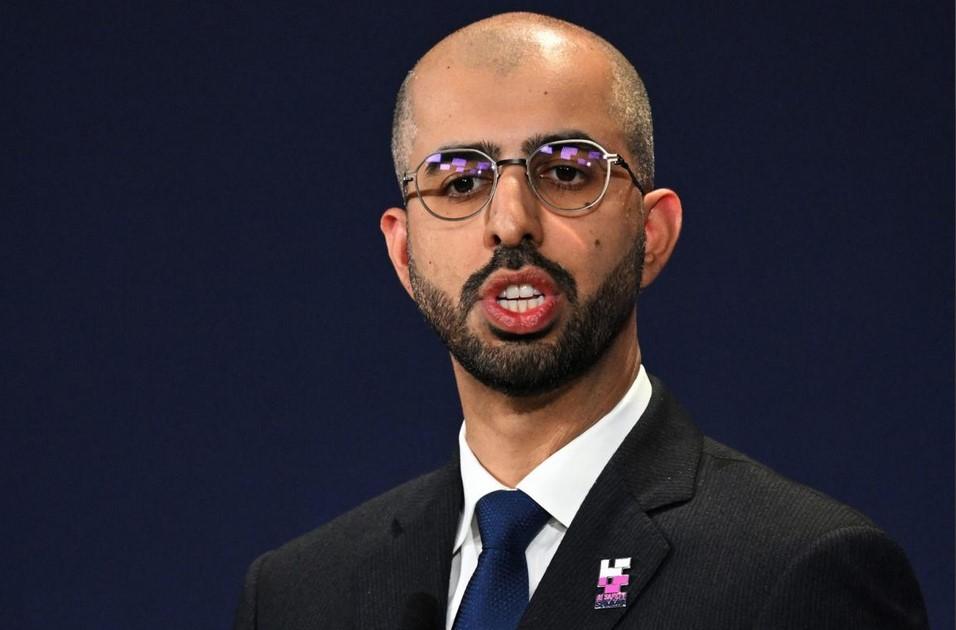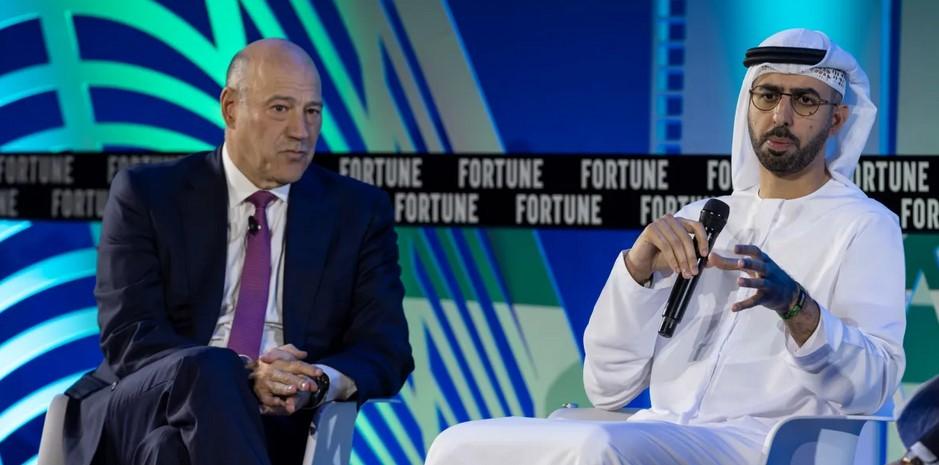In the contemporary global landscape, marked by a genuine push for artificial intelligence (AI) regulations, the United Arab Emirates’ Minister of AI, Omar Al Olama, has cautioned against excessive regulation, drawing parallels with historical resistance to transformative technologies. Al Olama warned that rejecting AI could be as detrimental as the Ottoman Sultan’s opposition to the printing press, drawing an intriguing historical analogy.
The reference to the printing press refers to Johannes Gutenberg’s invention in the 1450s, which revolutionized information dissemination, greatly enhancing literacy in Western countries through the mass production of books.

However, in the Ottoman Empire, the printing press was met with suspicion and perceived as a threat to the established order. The centralized power structure, controlling information dissemination, clashed with the printing press’s ability to share ideas widely, creating tensions between innovation and preserving existing power structures.
Al Olama, speaking at the Fortune Global Forum in Abu Dhabi, drew parallels between the printing press and AI, highlighting the dangers of overregulation. He recounted how the Middle East banned the printing press for 200 years due to fears of job loss among calligraphers and concerns about misinformation disseminated through fake versions of the Quran.
Comparing the printing press to AI, Al Olama, speaking at the Fortune Global Forum in Abu Dhabi on Tuesday, said: “We overregulated a technology, which was the printing press. It was adopted everywhere on Earth. The Middle East banned it for 200 years.”
“The calligraphers came to the sultan and said: ‘We’re going to lose our jobs, do something to protect us’—so, job loss protection, very similar to AI,” said the UAE minister, as reported by Fortune. “The religious scholars said people are going to print fake versions of the Quran and corrupt society—misinformation, second reason.”
“The top advisors of the sultan said: ‘We actually do not know what this technology is going to do; let us ban it, see what happens to other societies, and then reconsider,'” he explained.

In the context of AI, Al Olama addressed contemporary concerns, including job displacement, data fairness, privacy issues, national security, and existential risks. He emphasized the need for governments to strike a balanced approach, avoiding sacrificing humanity in the pursuit of technological progress. Al Olama advocated for a dialogue to empower government professionals in crafting effective regulations.
The cautionary tale serves as a reminder of historical resistance to technological advancements and urges a nuanced approach to AI regulation. While acknowledging the challenges posed by AI, Al Olama advocates for proactive governance to harness the benefits of technology without stifling its potential. In an era marked by the birth of advanced AI models like ChatGPT, the discourse surrounding responsible AI deployment and regulation remains central to navigating the evolving technological landscape.


